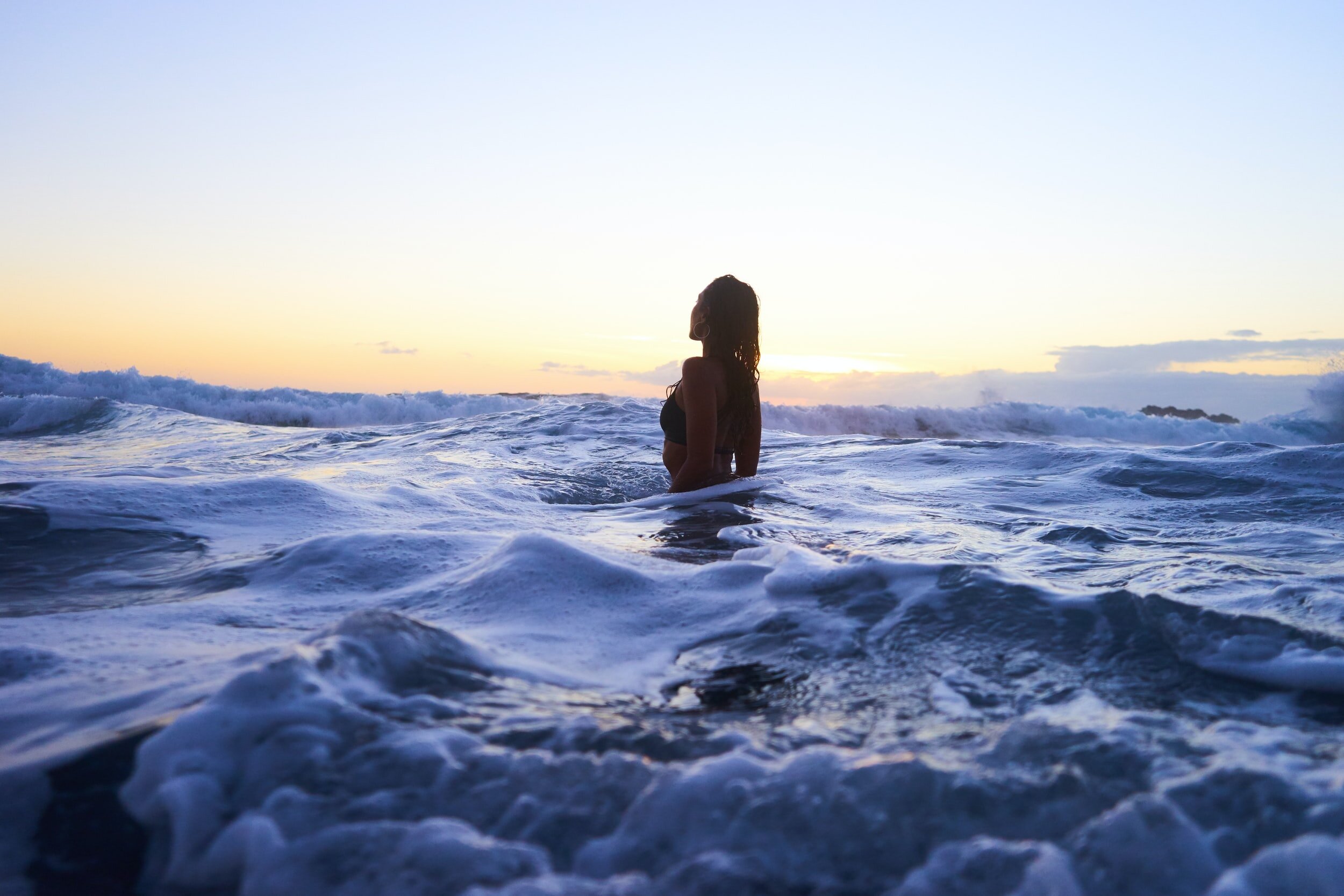Review: Moana as a Truly Feminist (and Christian) Masterpiece + Discussion Guide
Calling a Disney movie a masterpiece is a bold move, I know, and in some ways, that is a wee bit of an overstatement. But I do not exaggerate when I say that Moana is one of the most pro-women films I’ve ever seen. Allow me to elaborate.
Popular culture has improved by leaps and bounds in the last sixty years as far as its portrayal of female characters, especially when you look at animated movies for kids. The heroines that girls have to choose from now have personality, ambition, gumption, and guts. No longer are females relegated to the role of damsel in distress with few lines and even less agency, not to mention the array of skin colors, hair textures, and ethnicities now being portrayed (though I’d like to see more variety in body shape still). Having the heroes sometimes be female is HUGE. I offer a hearty round of applause for the great strides that have been taken.
However, when you take a closer look at what characteristics are making these ladies heroic, the picture is not quite so pretty, errrm, I mean, encouraging. (It’s not about looking pretty, darnit!)
Take Mulan, for example. This feisty female refuses to play by the patriarchal rules of her culture and steps up to save her family. But how does she do this? By literally acting like a man. In order to become heroic, she has to dress and act like a boy, taking on traditionally male characteristics and fighting—again literally—to prove herself of value.
While there’s nothing wrong with a woman being more “masculine” if that’s where her strengths and interests lie, the message that is conveyed by stories like that one and countless others is that masculine traits are the heroic ones and that in order to be heroic—or just valuable for something other than being rescued, looking pretty, keeping the house, or raising children—women have to become more like men. This has been an error of the feminist movement for decades: asserting that women can and should behave like men, whether by being sexually free, working outside the home, or showing less emotion. That kind of feminism offers a sad victory: Ok, it says, your sex doesn’t have to consign you to being second class as long as you behave like the first class, i.e. men. We’ll let you “pass” for valuable, it says. Which means that everything feminine is still being subjugated.
Moana offers a refreshing change of pace. In case you don’t know the story, Moana is a young woman who is next in line to be chief of her island but finds herself on a perilous quest to restore the heart of Te Fiti and conquer the lava monster, Te Ka, in order to save her people. She sets out to enlist the help of Maui, who in typical masculine form, leads her in an attack on Te Ka. However (and I’ll give you the obligatory spoiler alert here), despite his strength, power, and boldness, he is defeated by the monster: his aggressive, masculine tactics are useless.
Instead, in a scene that gives me goosebumps every time, Moana, in a burst of insight, sees through the violent, fiery exterior of Te Ka and recognizes the “monster” for what she really is—a woman whose heart has been stolen, the very same Te Fiti. Moana calls to Te Ka and commands the sea to part (in a powerful allusion to Moses). The ferocious and frankly terrifying lava monster drags itself, snarling, toward Moana who walks forward—calm, unafraid, intent—and sings, echoing the words of Isaiah 43:1, “I have crossed the horizon to find you. I know your name. They have stolen the heart from inside you, but this does not define you. This is not who you are. You know who you are.” As they meet, Te Ka stares into her eyes, and Moana places the heart stone gently into the whorl on the monster’s chest. Suddenly, the lava falls away, and the lush, green body of Te Fiti is revealed.
What I love about this is that she saves the world not through physical strength, magical powers, or even cunning but through emotional strength, intuition, and compassion—distinctly feminine qualities. She doesn’t save the world in spite of being female; she saves the world because she is female.
What’s missing in so many movies with strong female leads (like Mulan or Wonder Woman) is an affirmation of feminine qualities—the radical idea that feminine aspects are not weaknesses to be overcome in the pursuit of greatness but are, rather, sources of greatness in and of themselves. Yes, sometimes the world needs to be saved by slaying the dragon or leading the troops, but other times the way to save the world is through emotional connection, through tenderness and understanding, through vulnerability and radical trust.
The beauty of that climactic scene is breathtaking and deeply, if subtly, biblical. It’s a story of restoration—literally restoring the heart—and the power of naming, of claiming one’s true identity. You are not, it whispers, this thing that threatens to consume you and all you hold dear. This is not you, not really. You have a choice: hate, anger, and violence are not the only way.
It’s also a story of trauma—of what happens when a person is violated at her core, and of the destruction that can follow if that violation goes unacknowledged and untended. It is a story of healing, of redemption, a story where the hero(ine) uncovers a dark truth that reveals a victim where others saw only a monster and in so doing invites that victim to (re)claim a life of fullness and joy.
And by helping this “monster” rediscover her true identity, Moana steps into her own calling, into the leader she was created to be, the leader her people need her to be. It’s a story of overcoming self-doubt, of learning to listen to the still, small voice within over the clamor of voices without.
It’s by no means perfect. (The whole section with the coconut pirates is a complete and quite annoying waste of screen time.) But Moana succeeds where so, so many stories fall short: in portraying a truly feminine heroine—a hero who triumphs not in spite of but because of her empathy, gentleness, and self-forgetting (but not self-deprecating) love.
And that, my friends, makes it a masterpiece in my book.
Discussion Guide (ages 8+ suggested):
What qualities does Moana develop that make her a good leader?
What internal struggle does Moana articulate in her first song? Have you ever felt torn between what is expected and what your heart seems to want?
Why does Moana’s father forbid her from going off the island? What emotion is he being governed by? What does Moana’s grandmother reveal that helps Moana to understand?
Consider the character of Te Ka. What made Te Fiti turn into a monster, and what brought her back to herself? Have you ever felt yourself become “monstrous” or seen that transformation occur in someone else? What triggered it?
In what ways does Jesus call us back to ourselves? In what ways does God claim us and name us as his own? Consider the following verses: Isaiah 43:1, 2 Corinthians 5:17, Jeremiah 1:5, Ephesians 5:8.
For the younger ones, I suggest asking them what they like about Moana—the girl and the movie—and then after listening to their answers, you can talk about what you like, emphasizing things like how she saw that the monster wasn’t really a monster and just needed someone to love her, etc.






